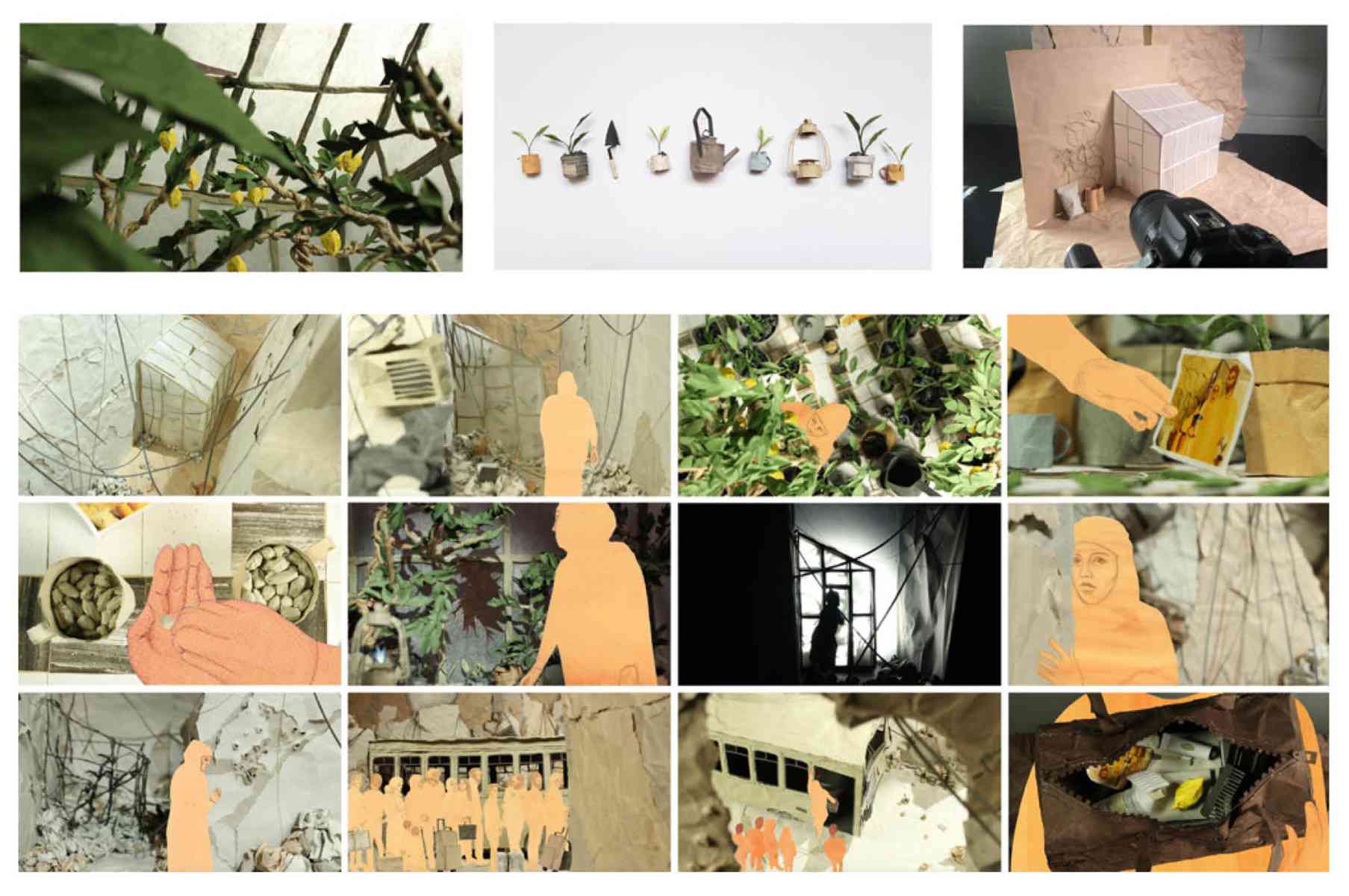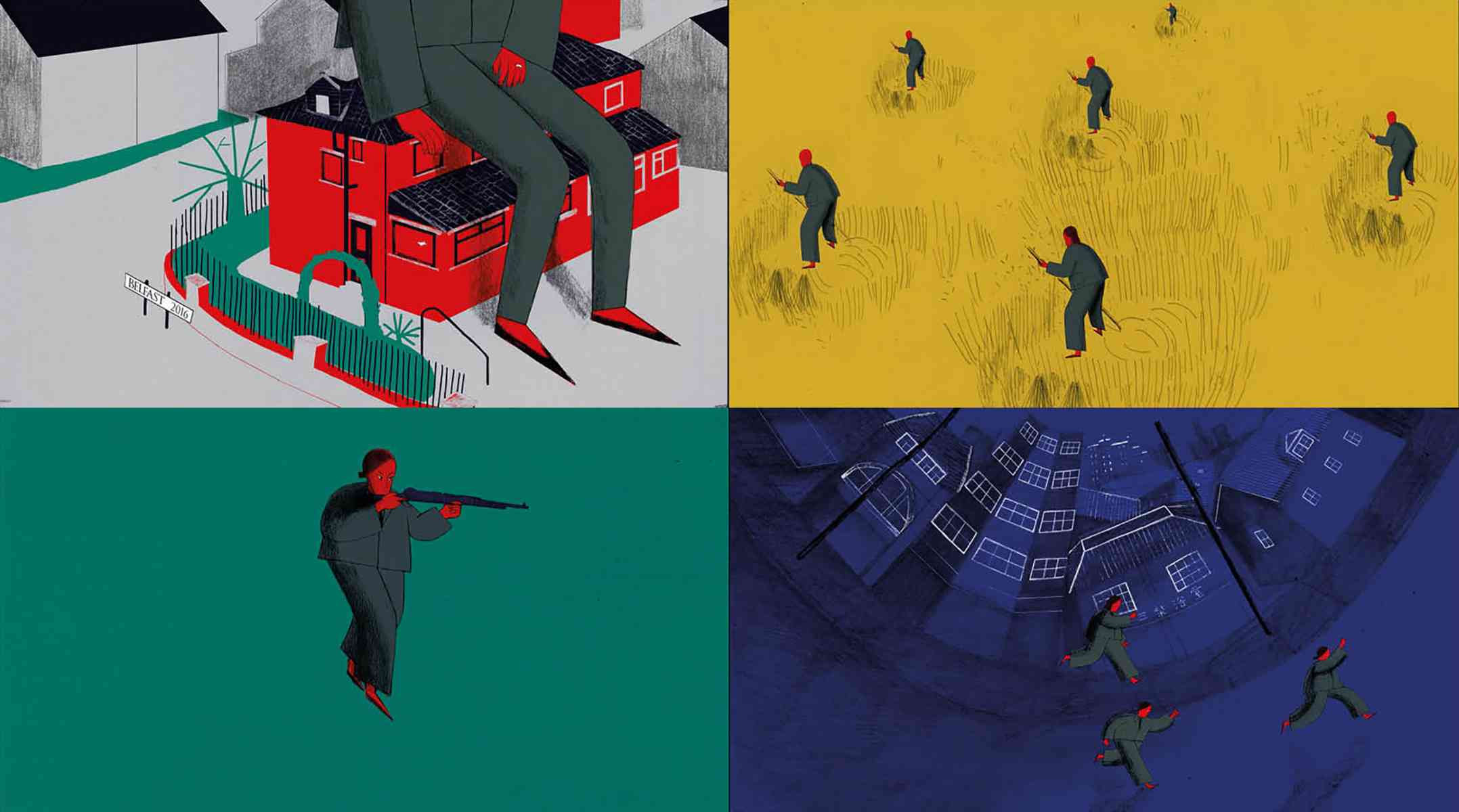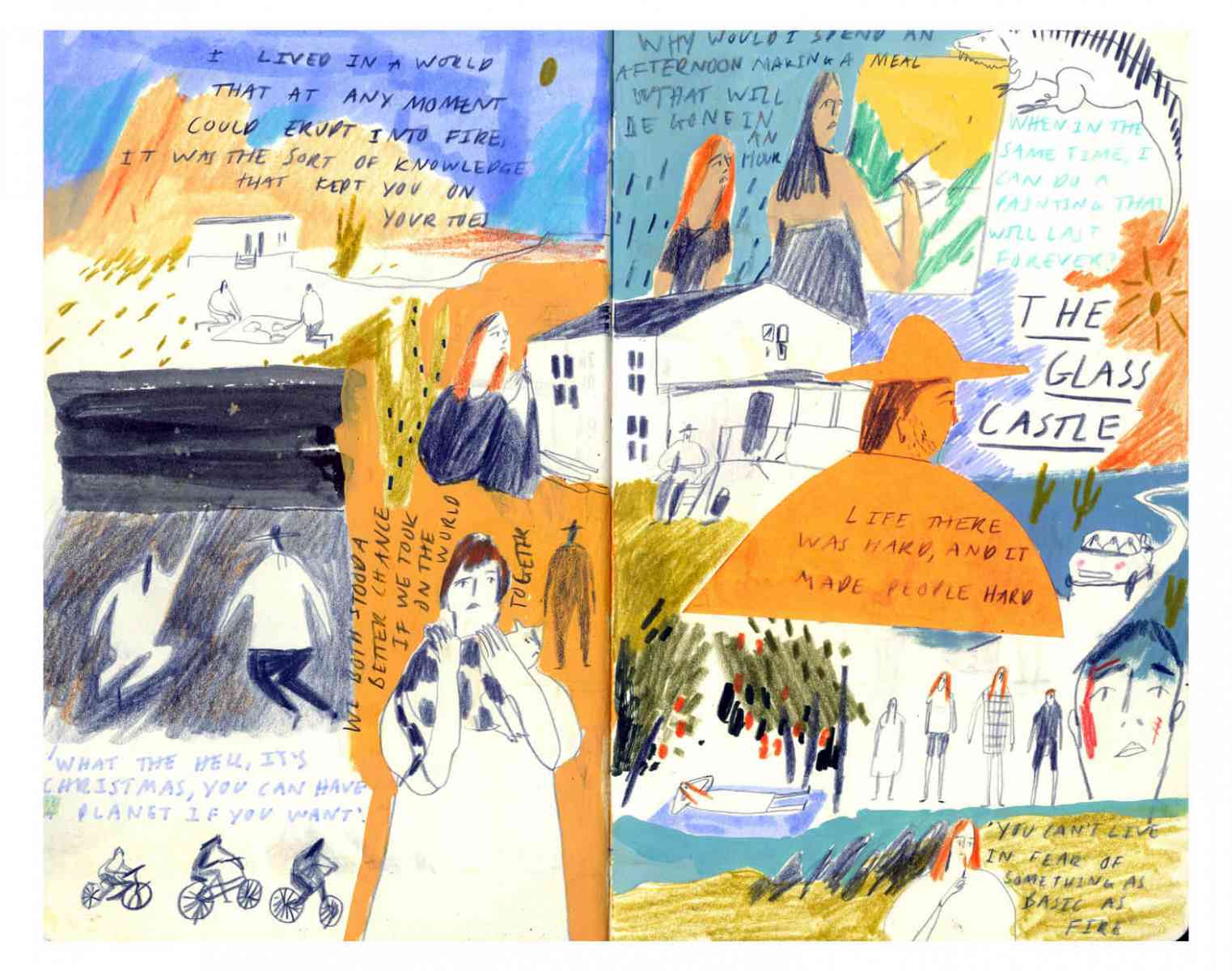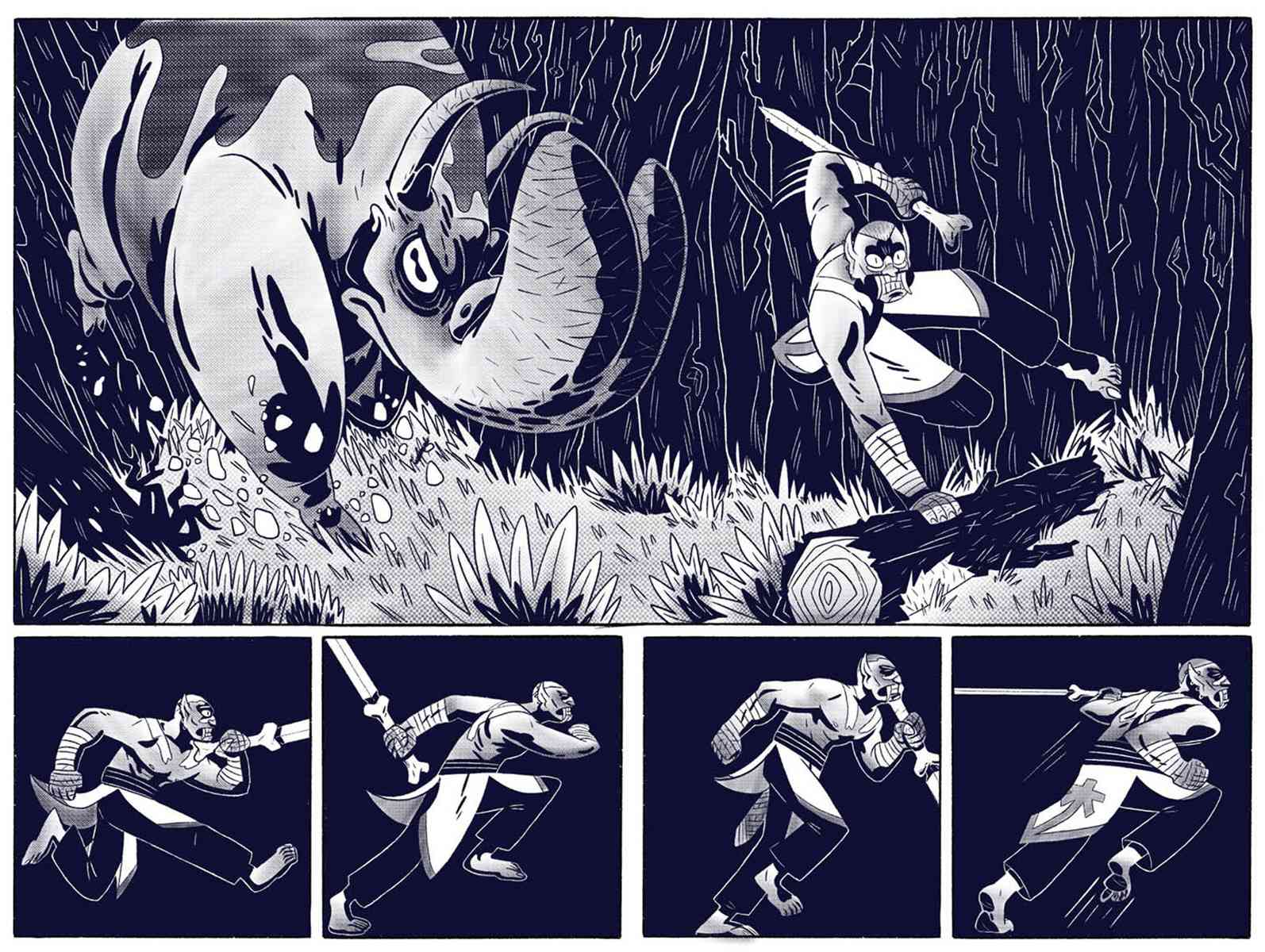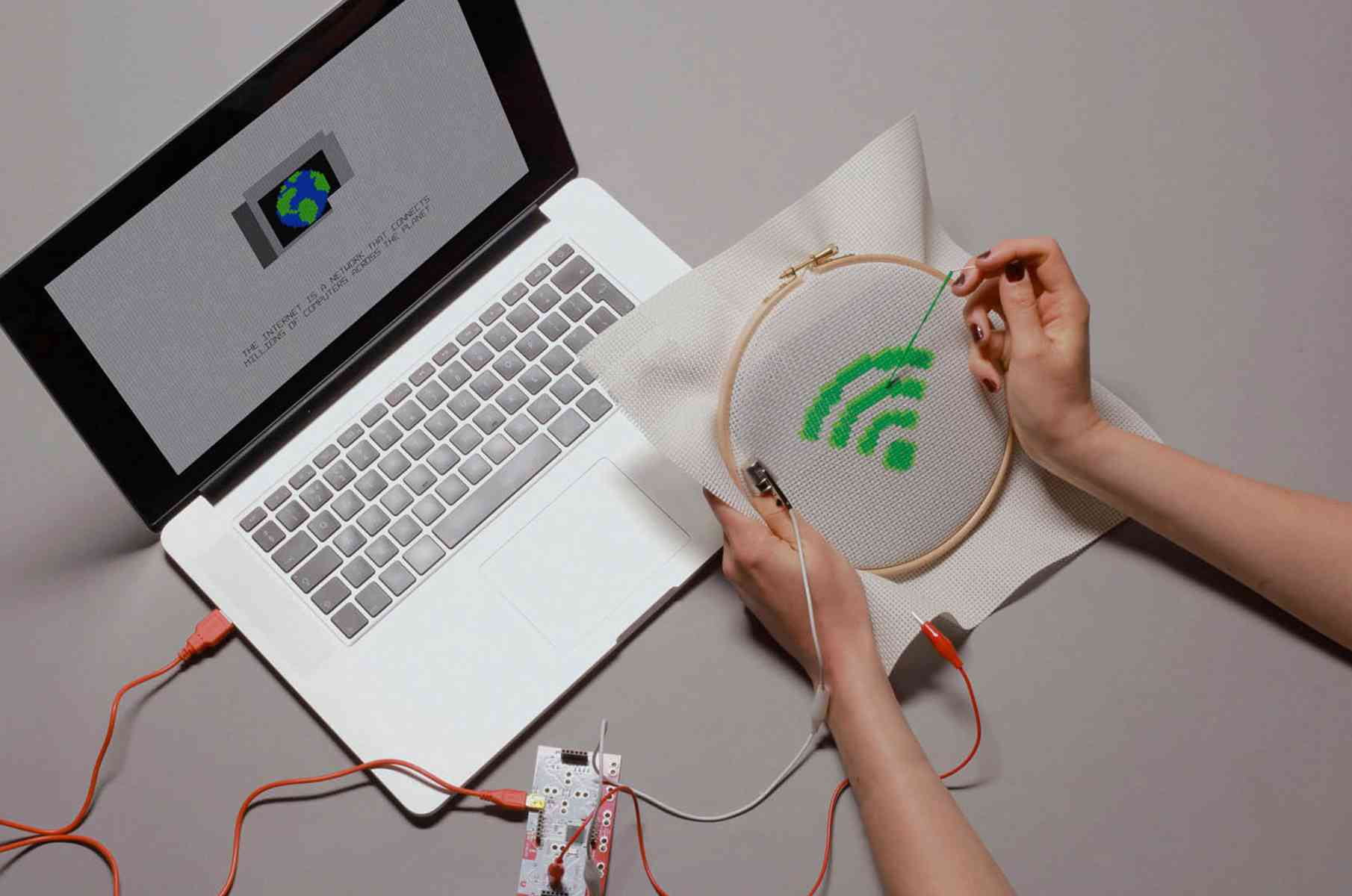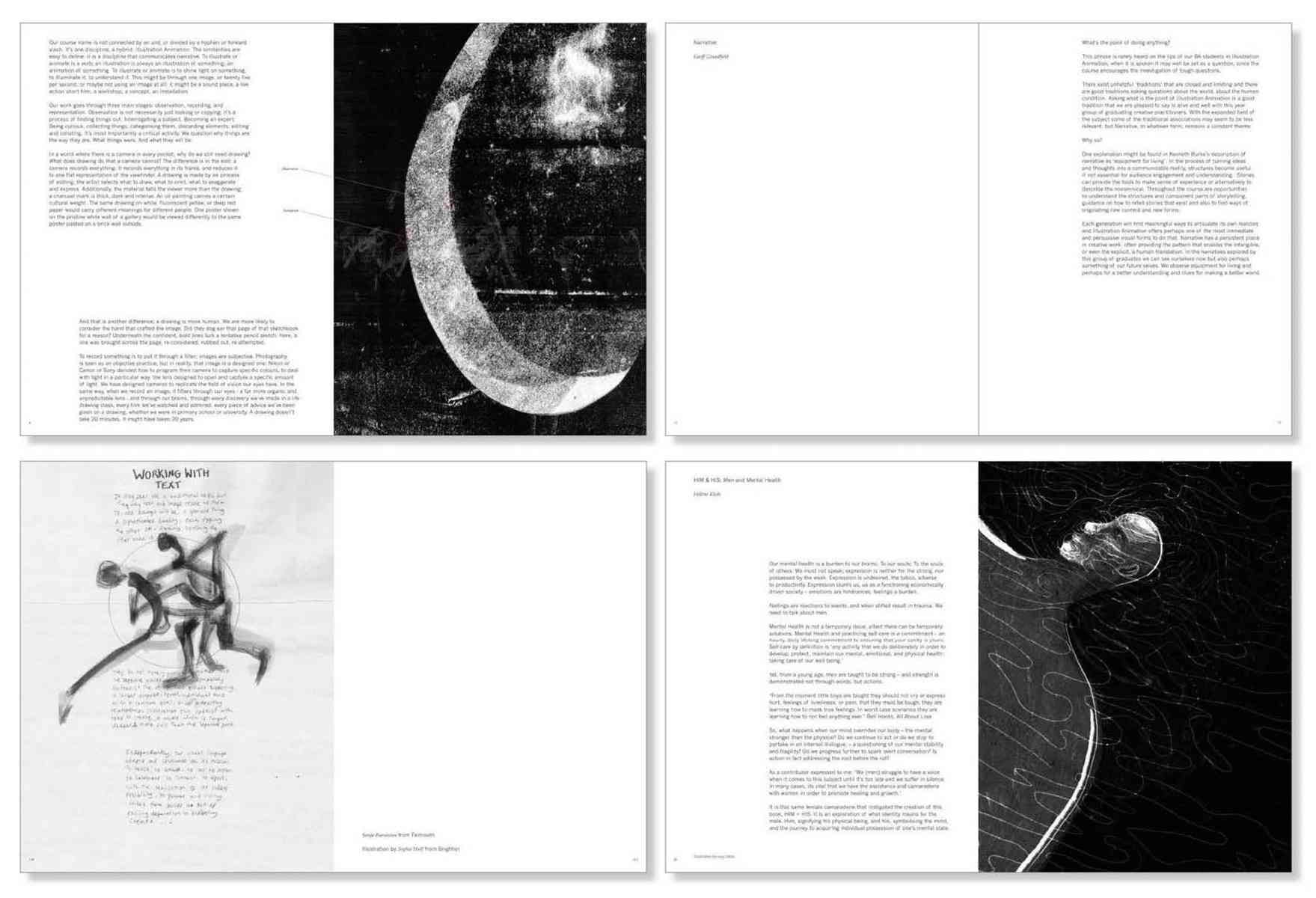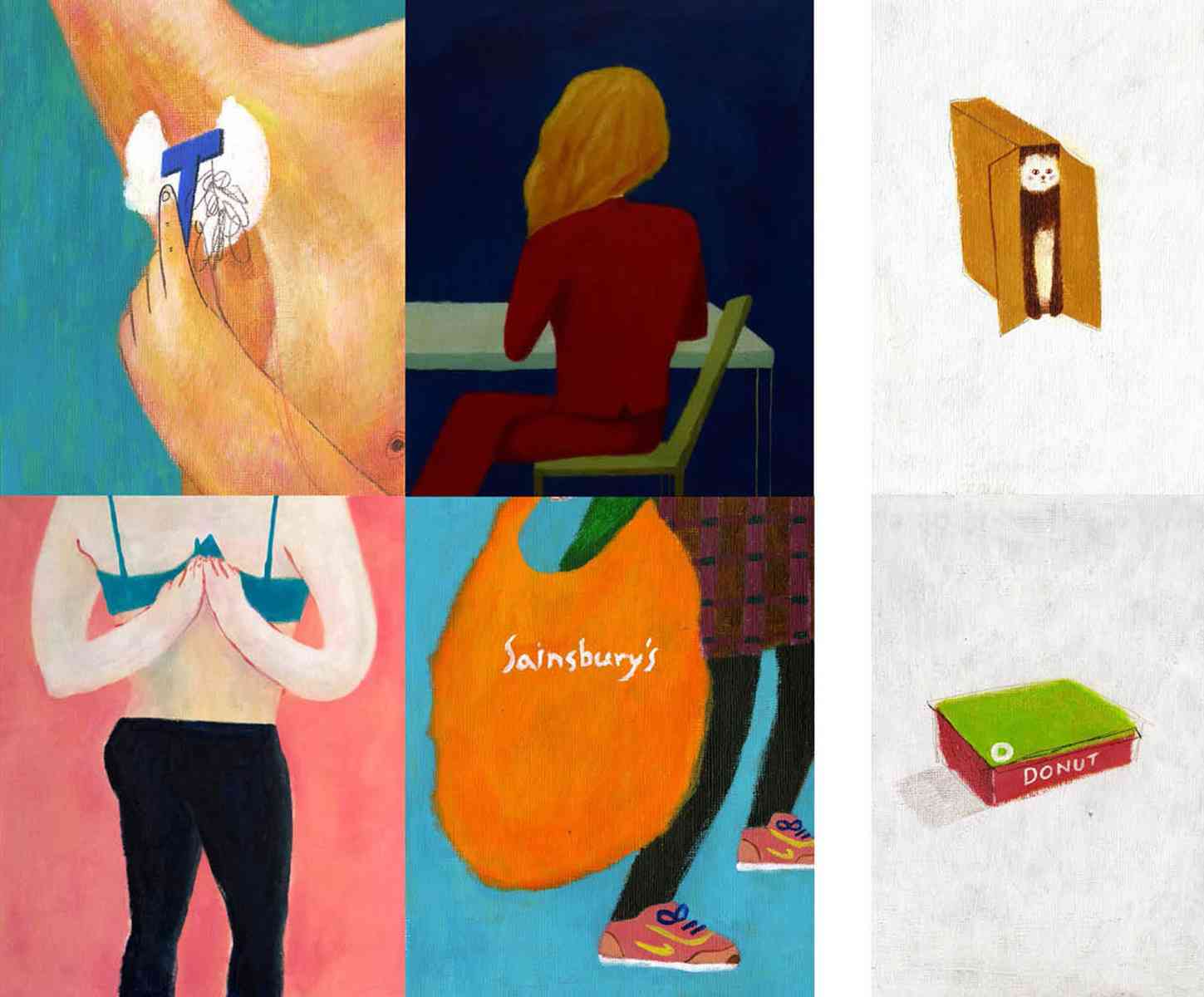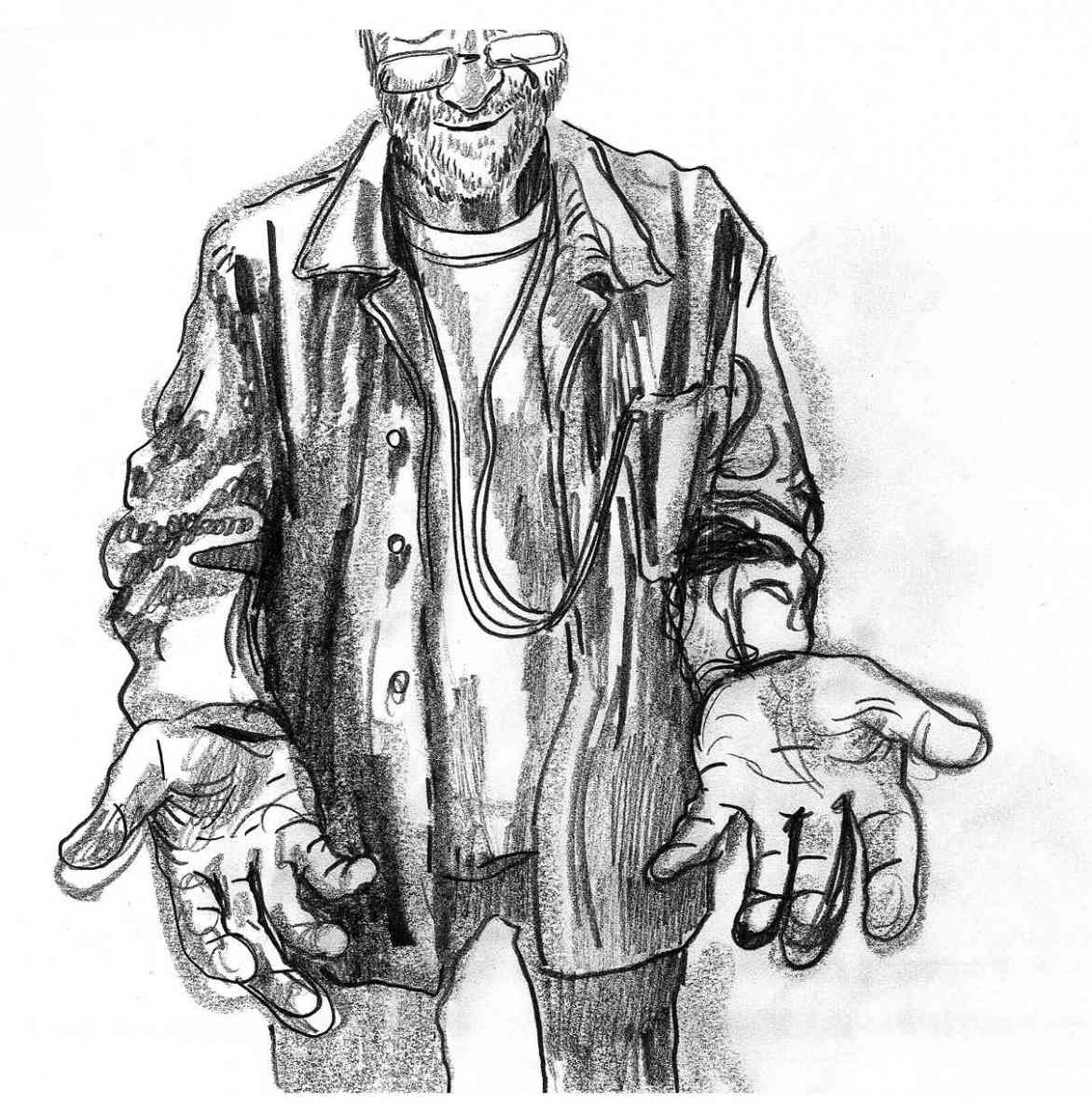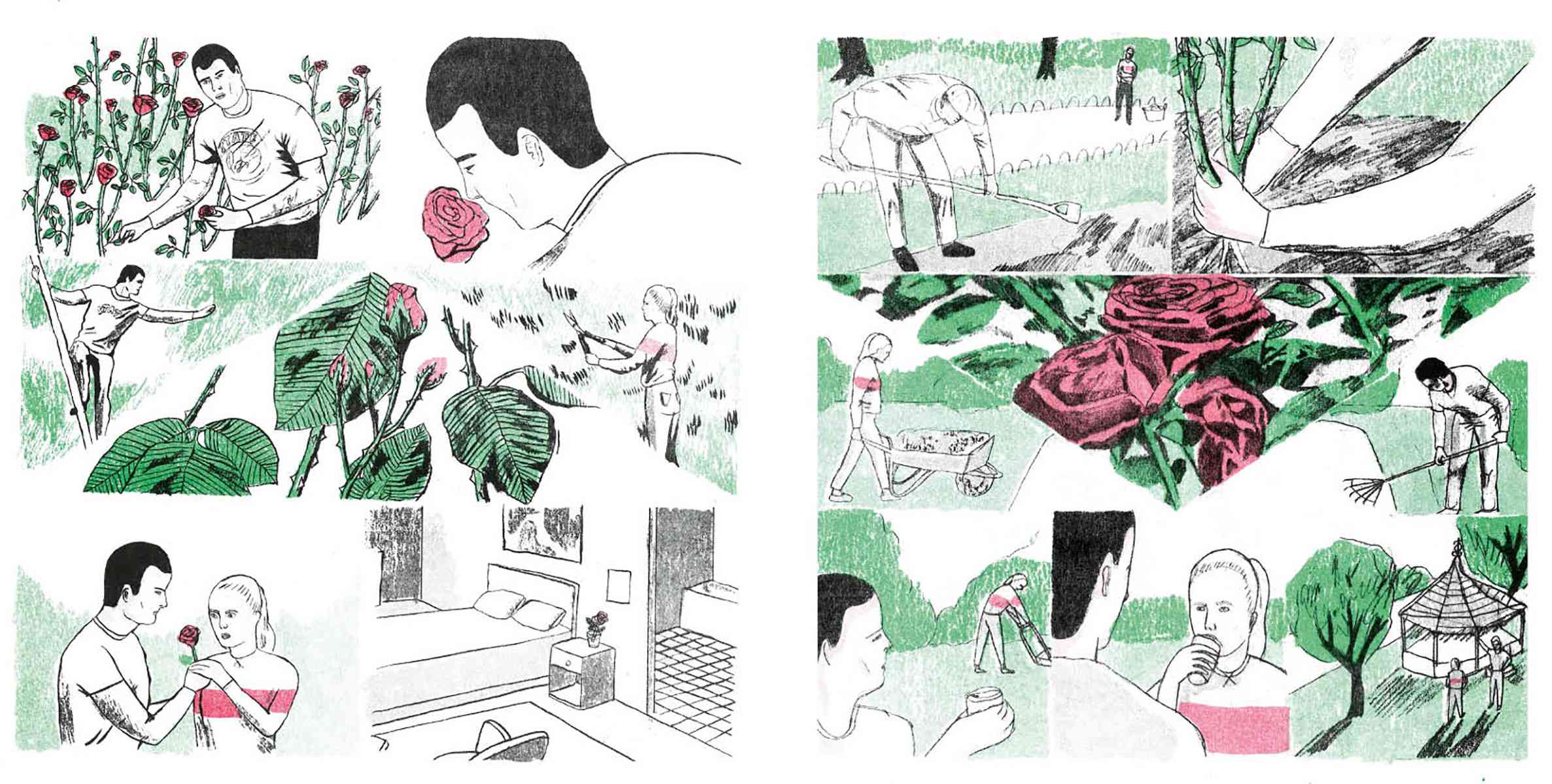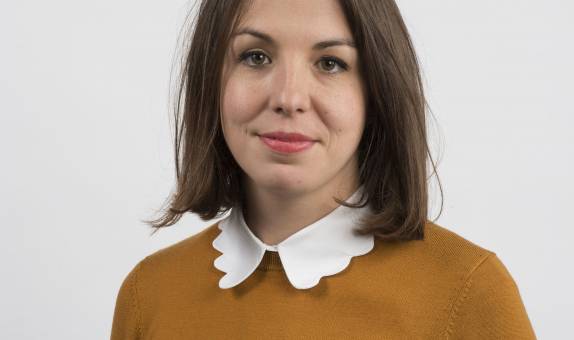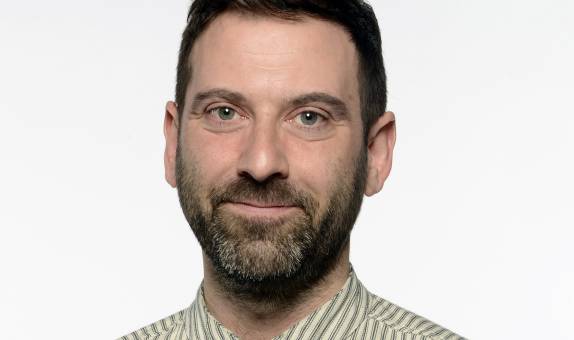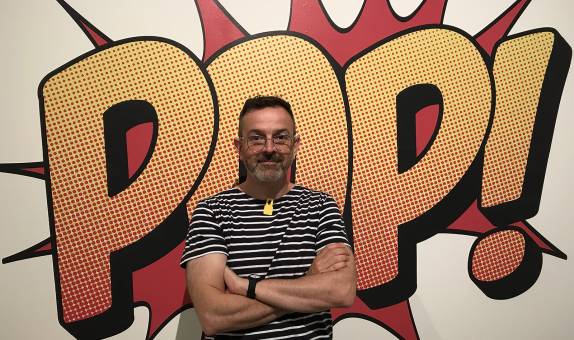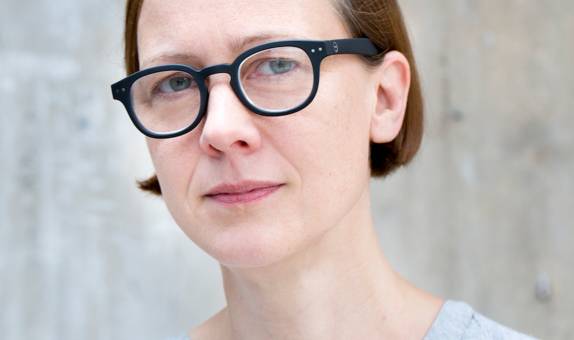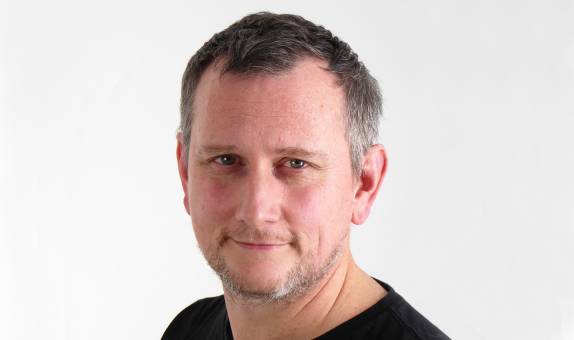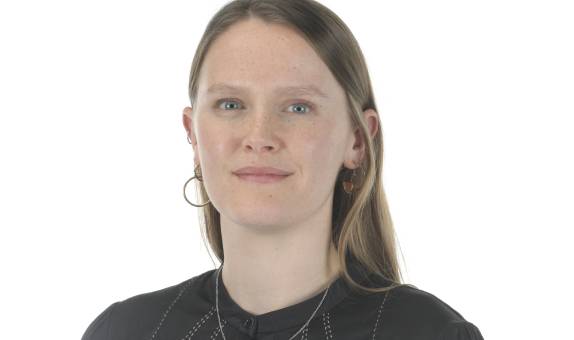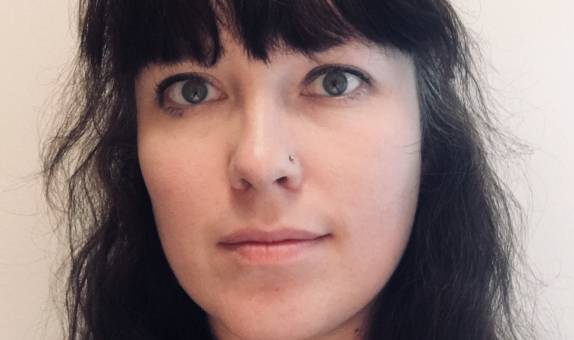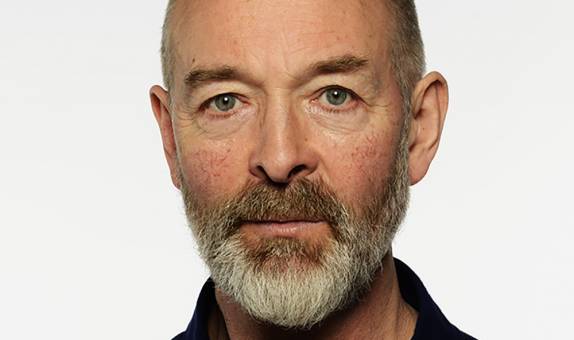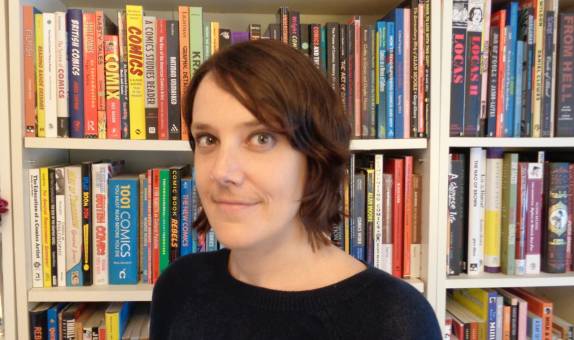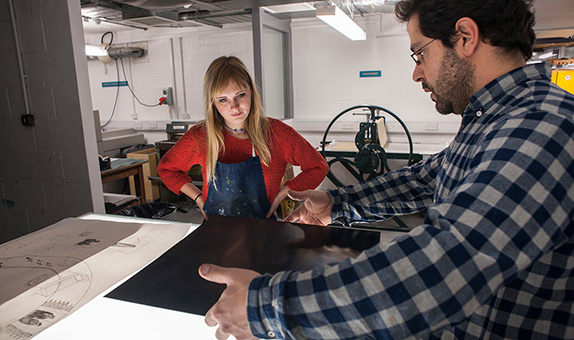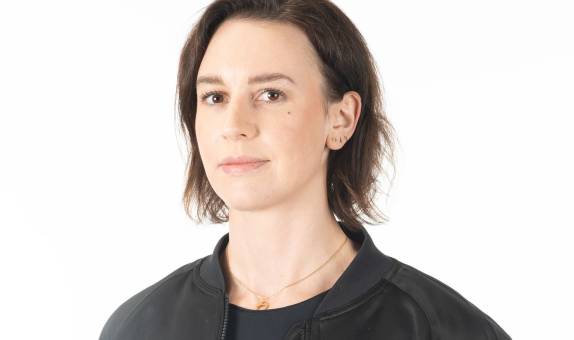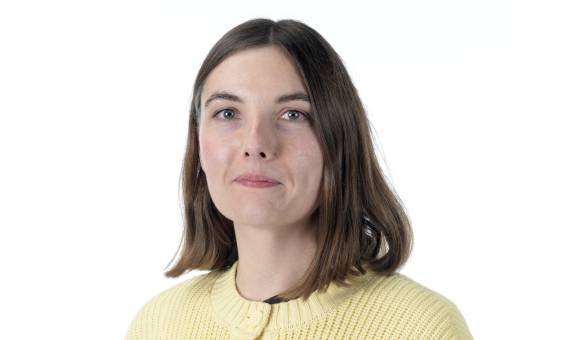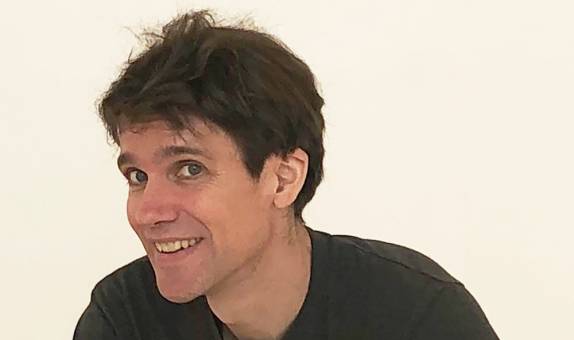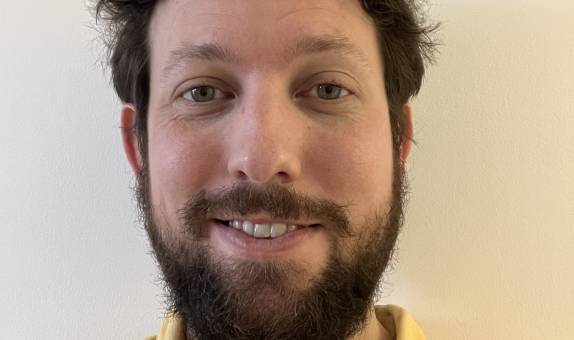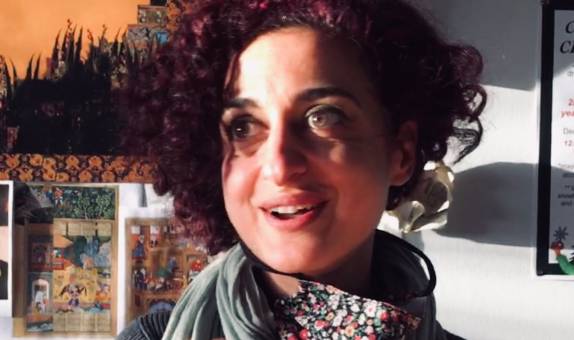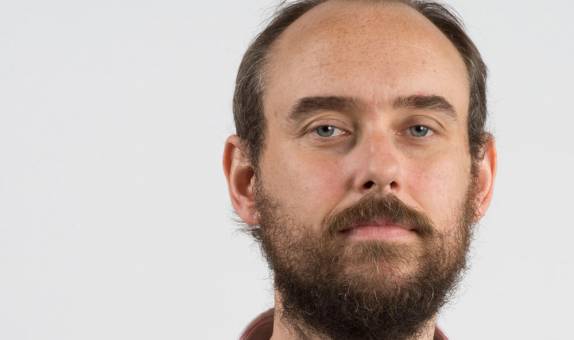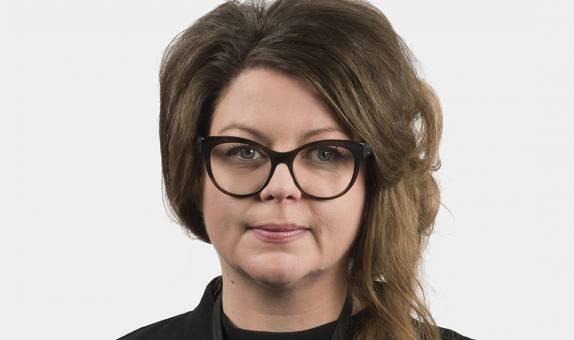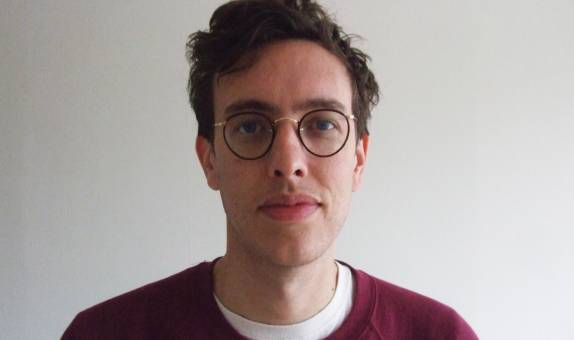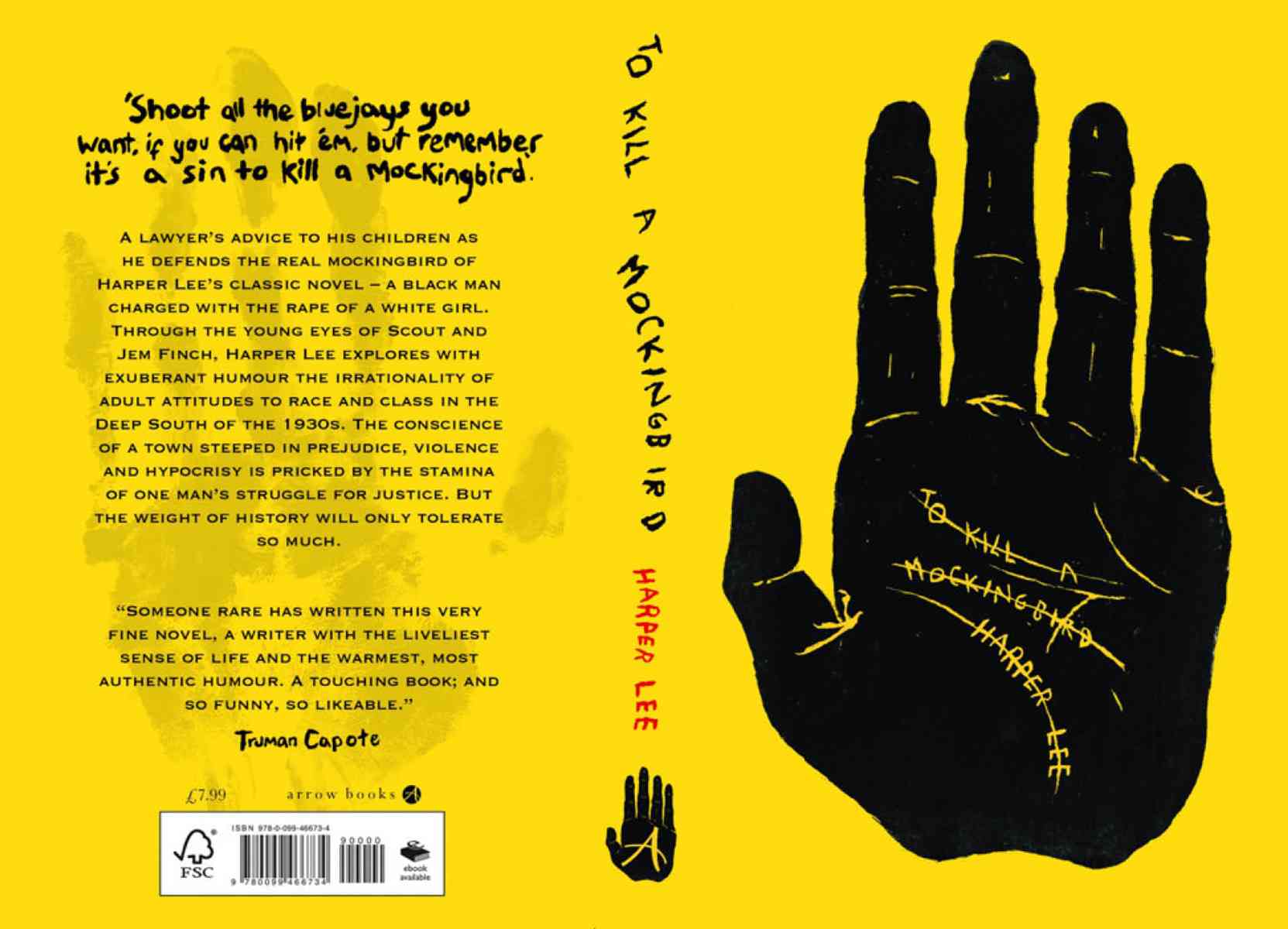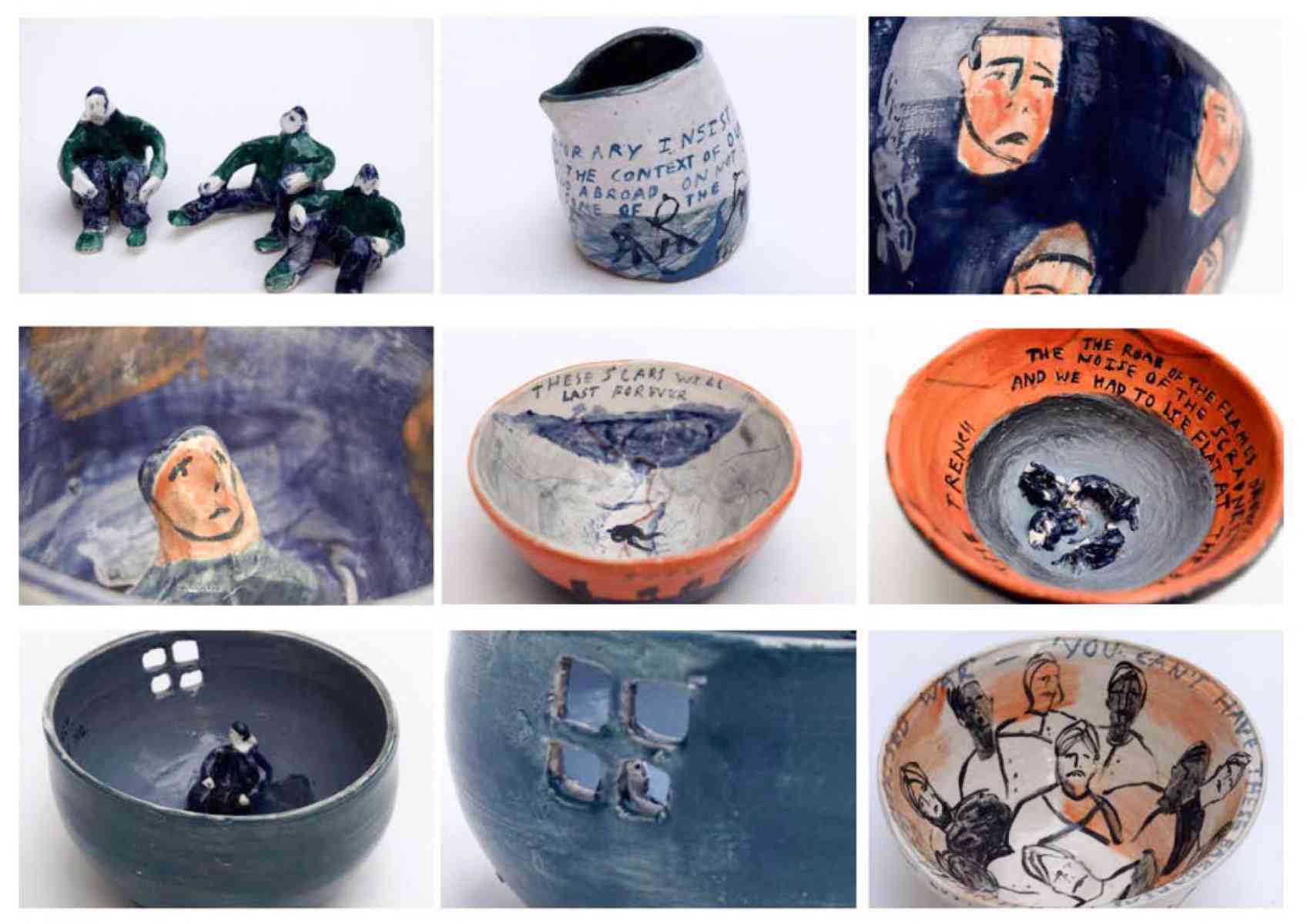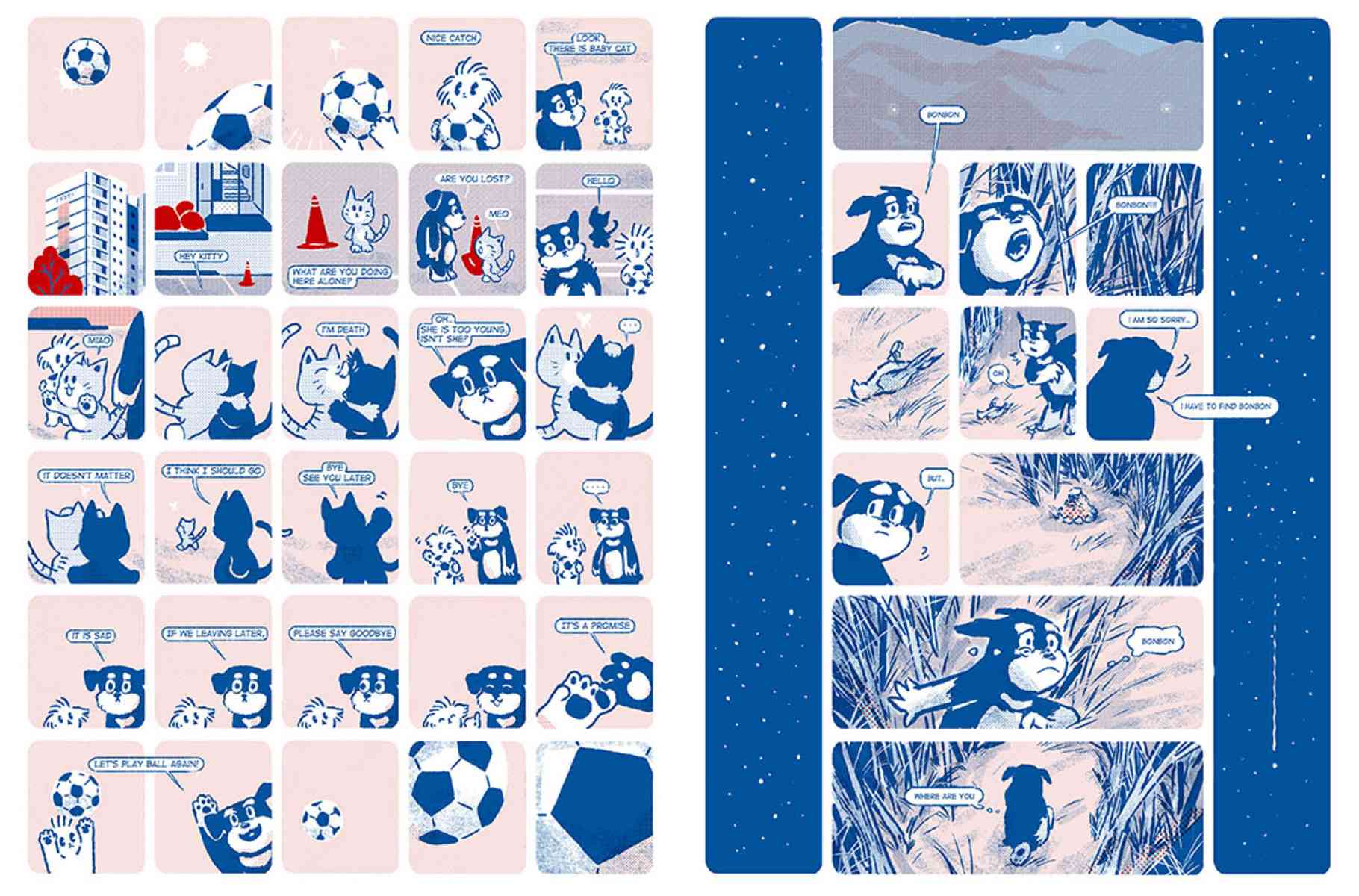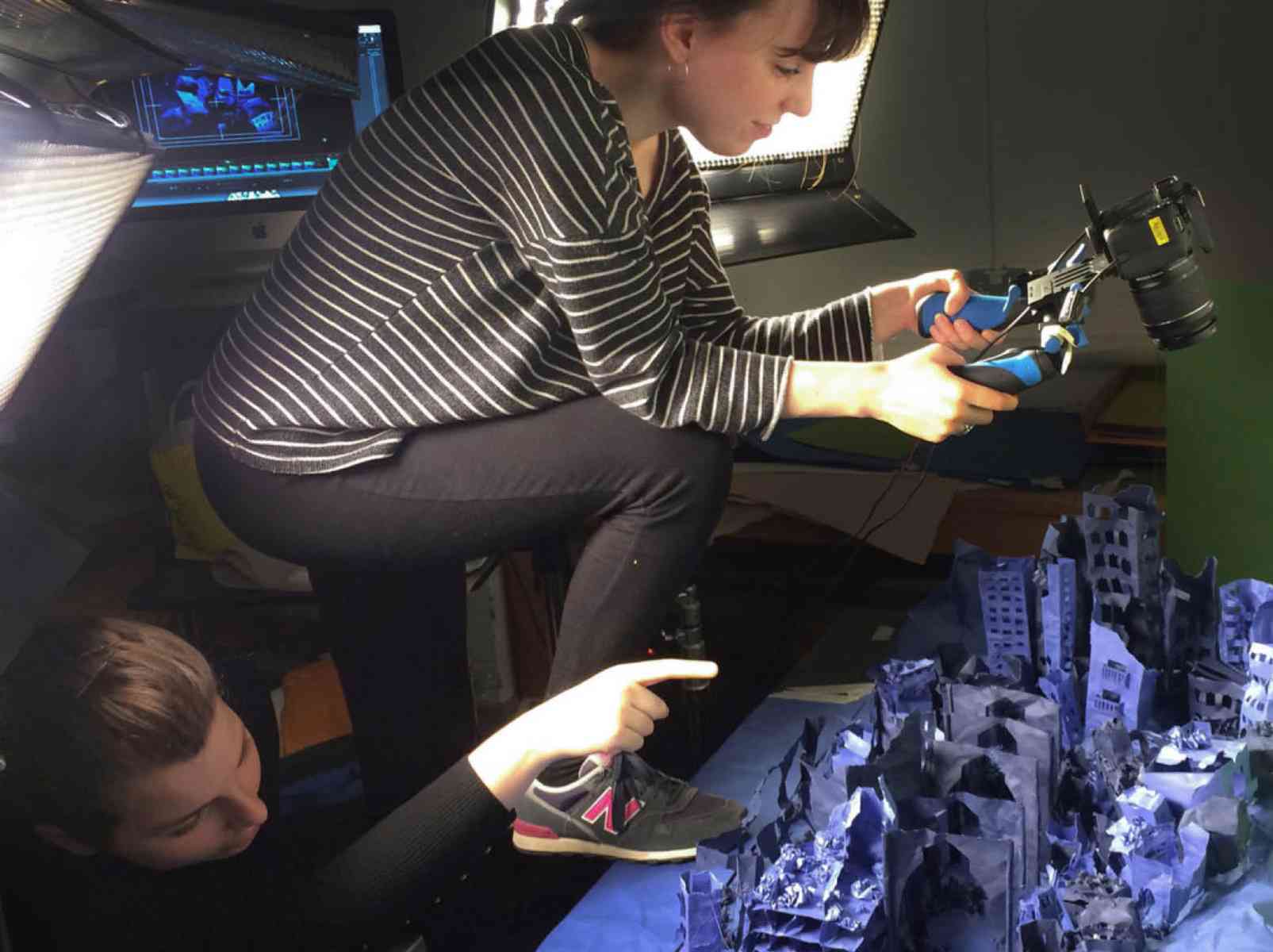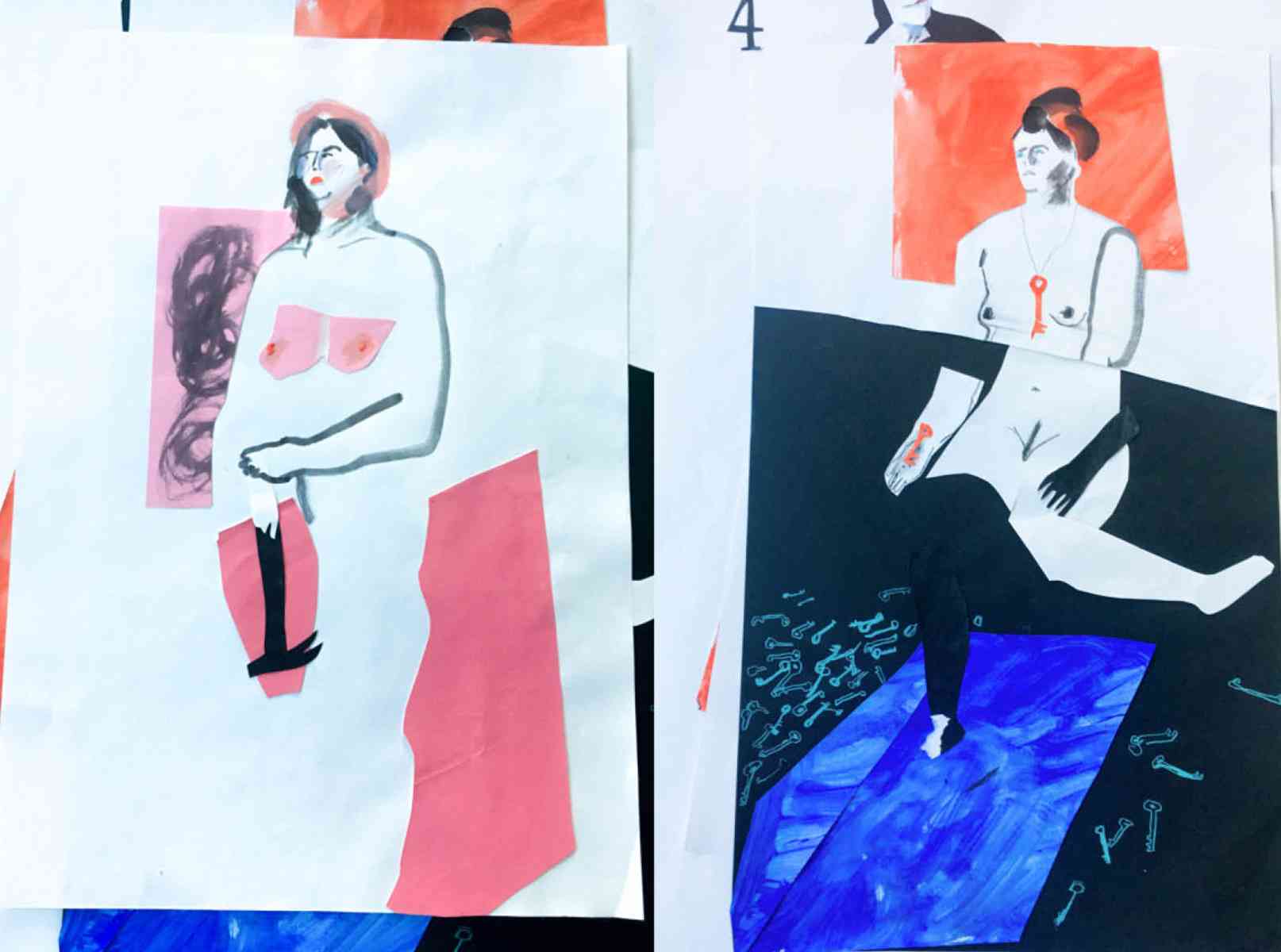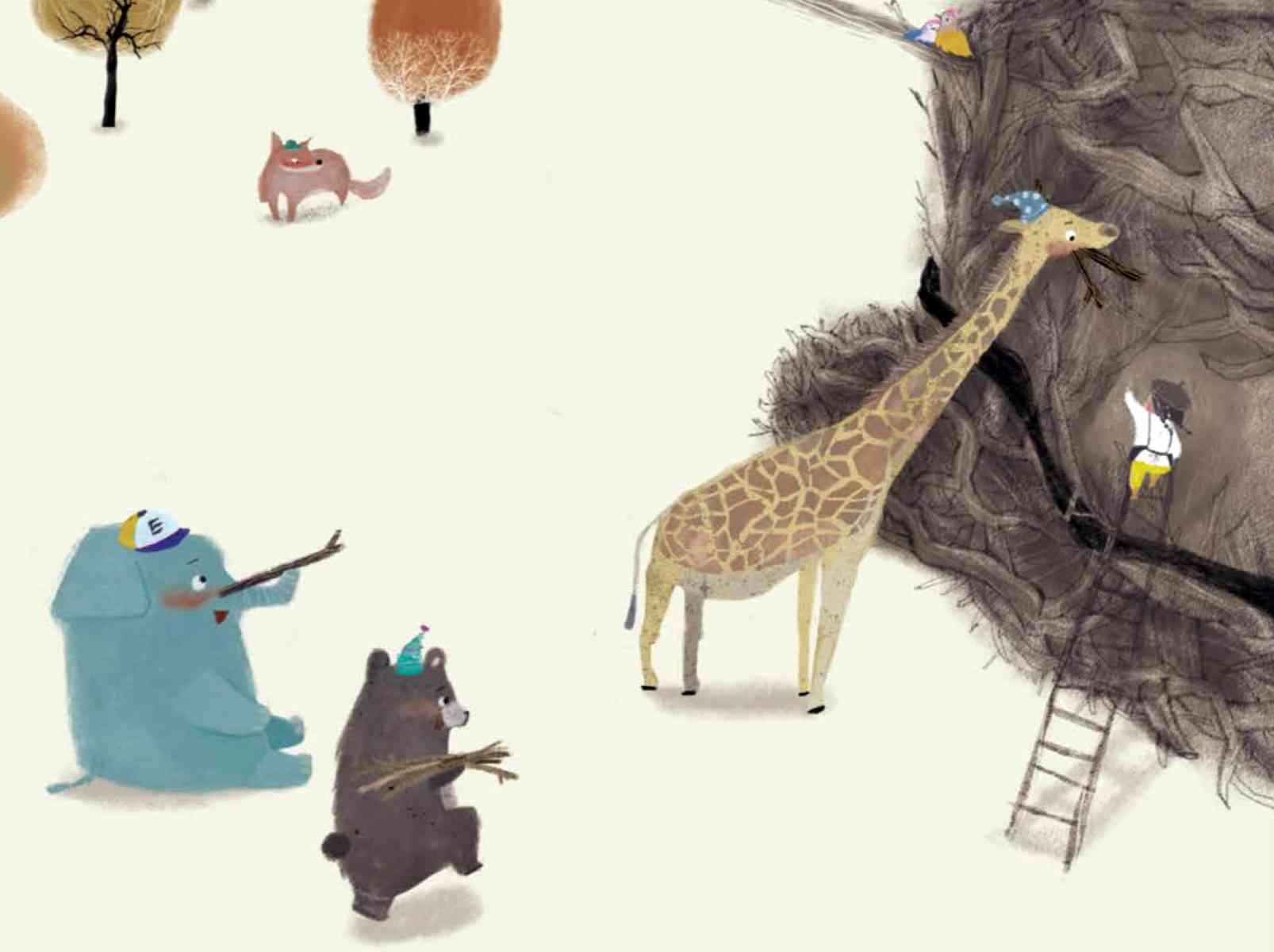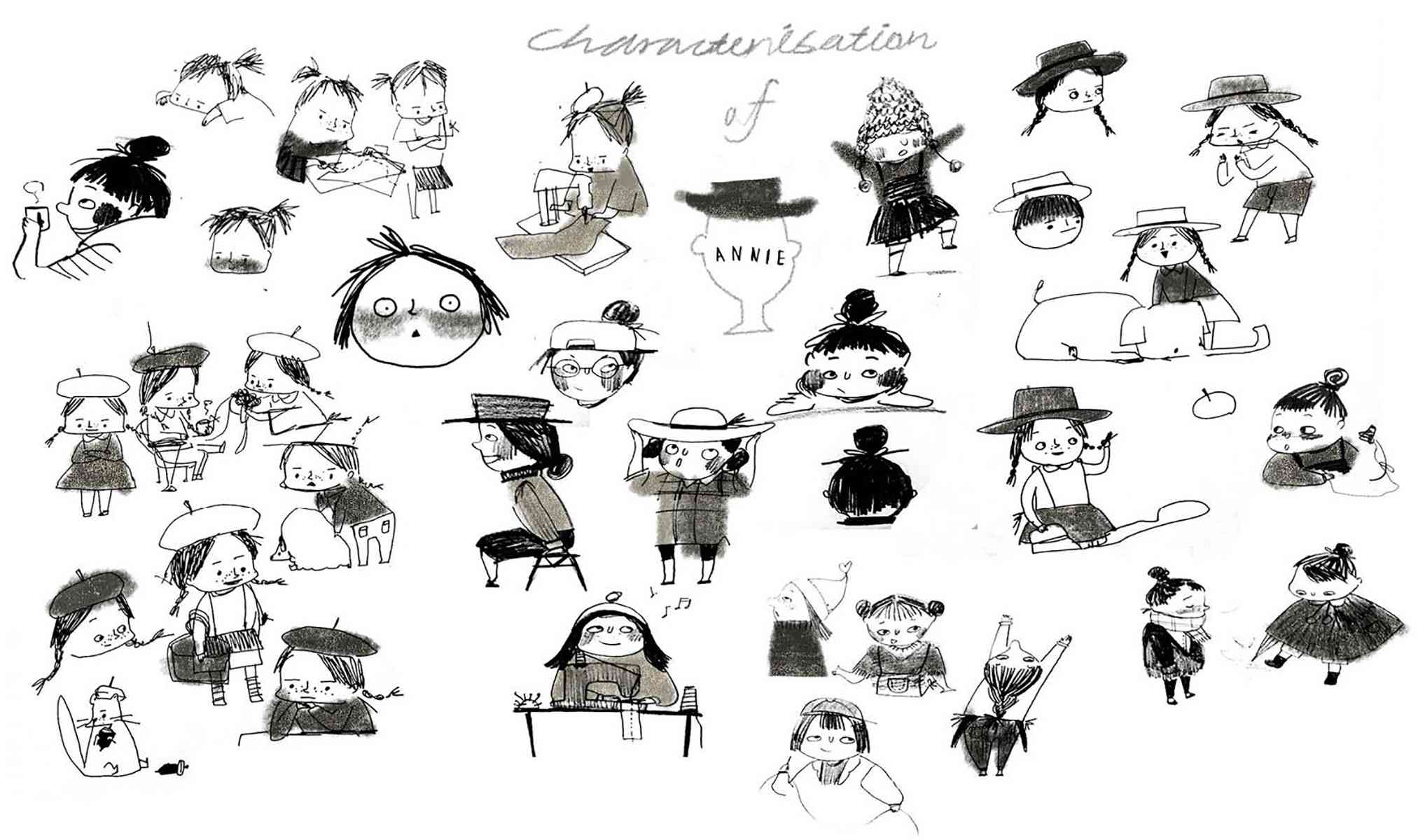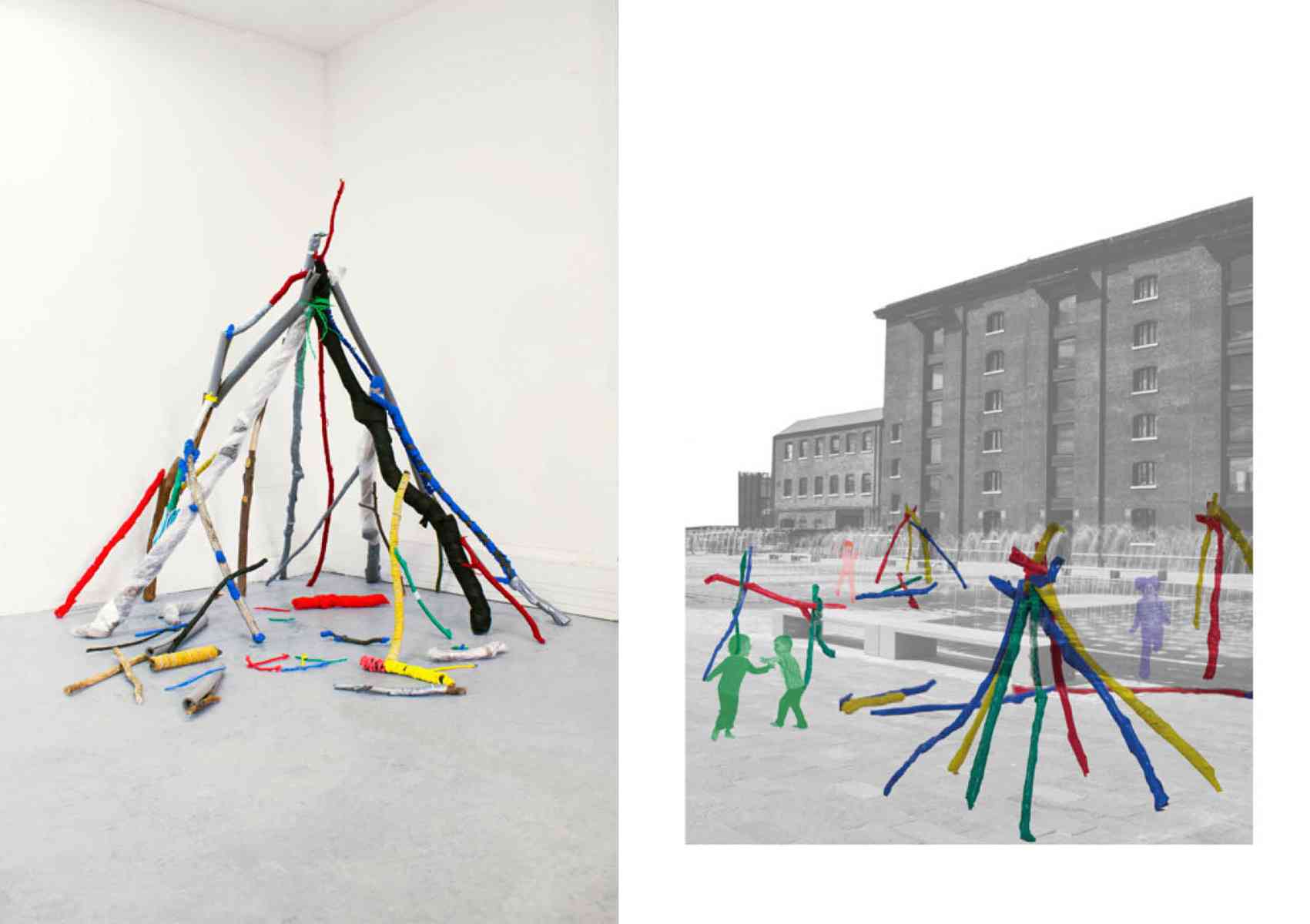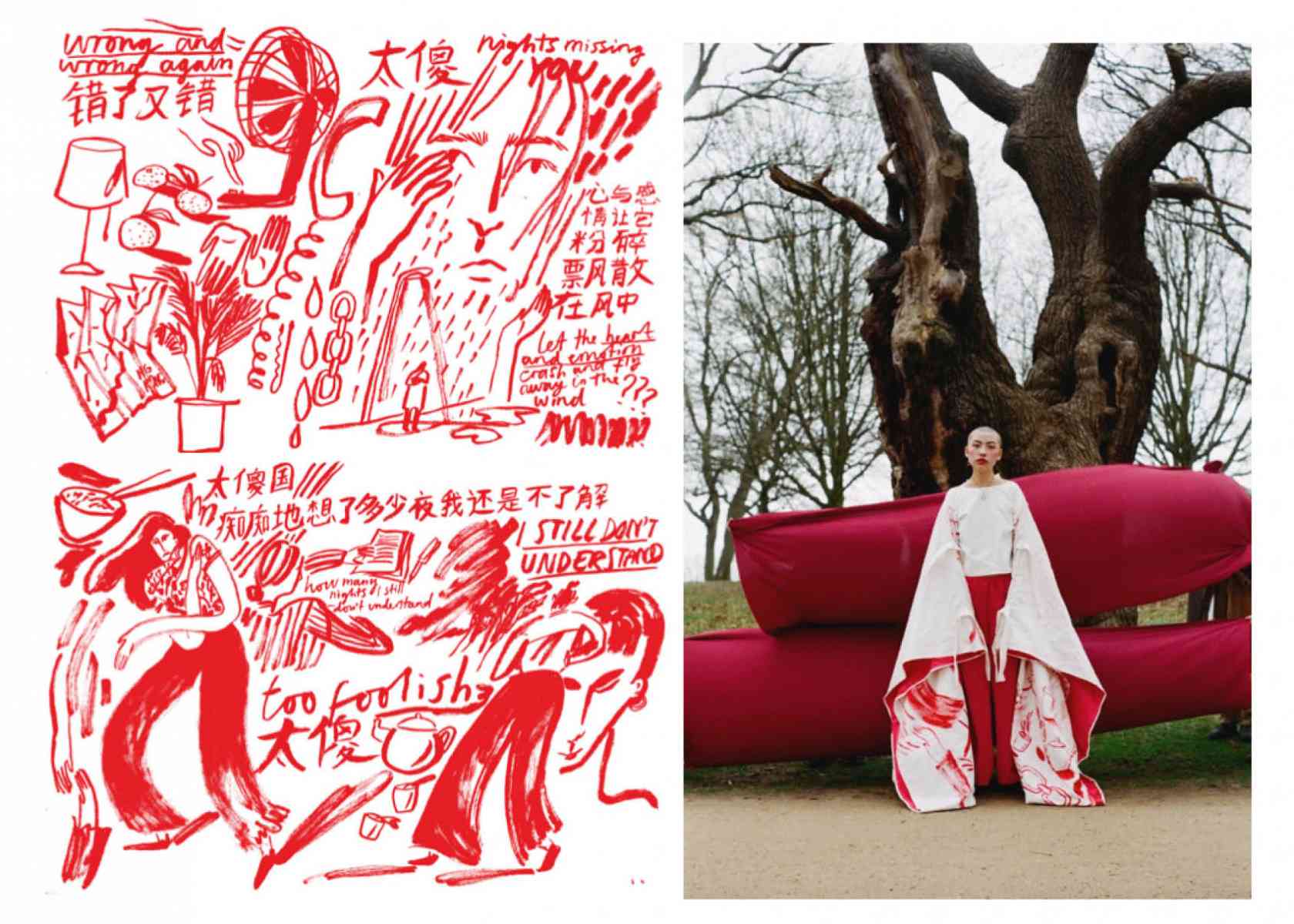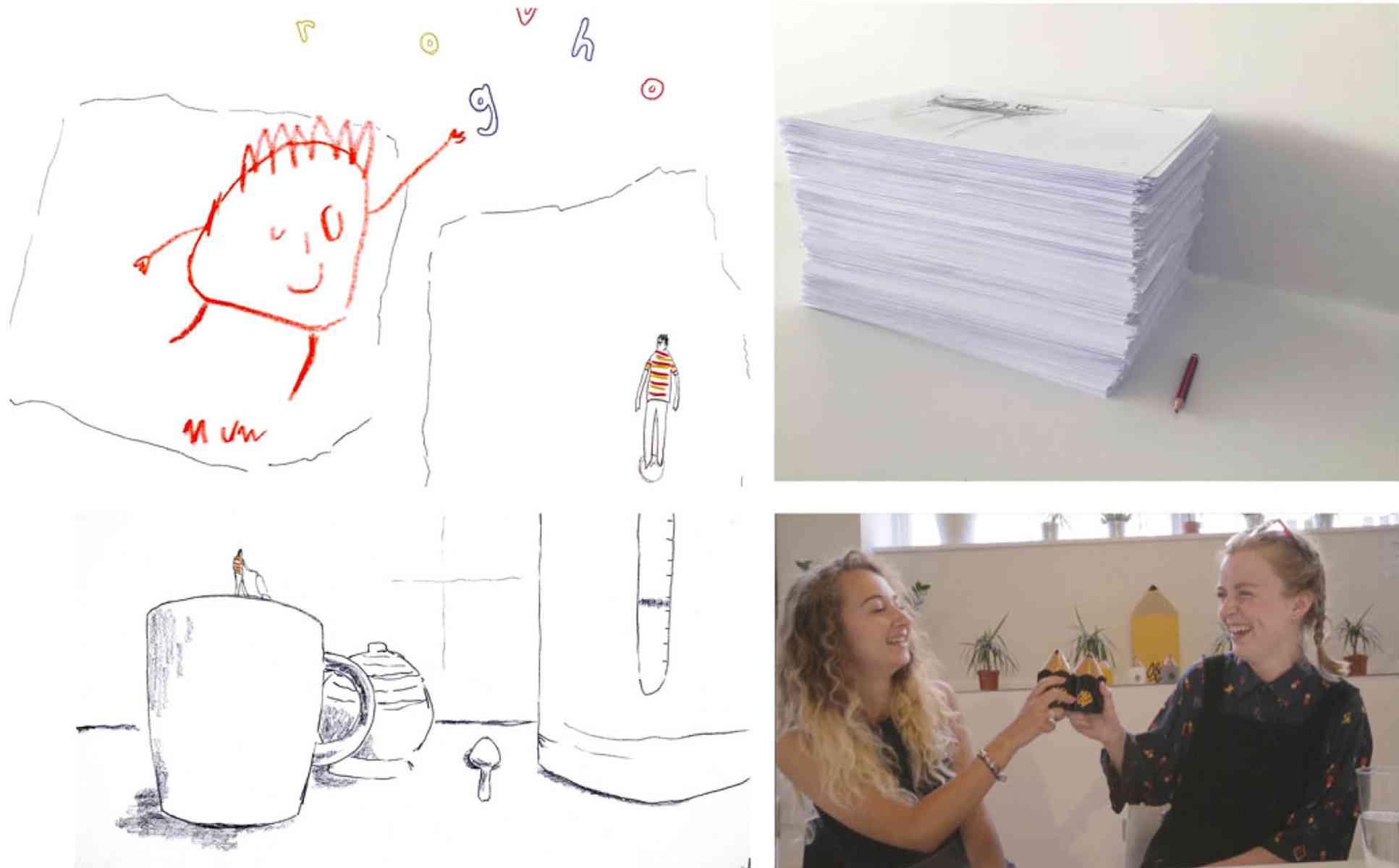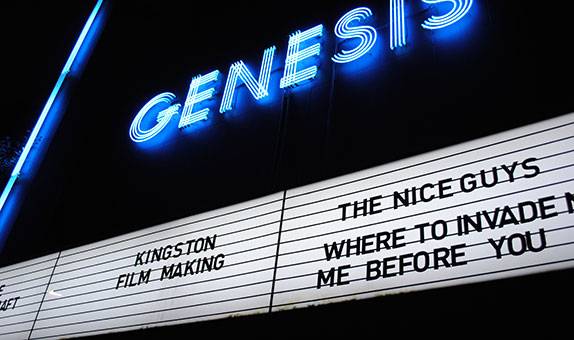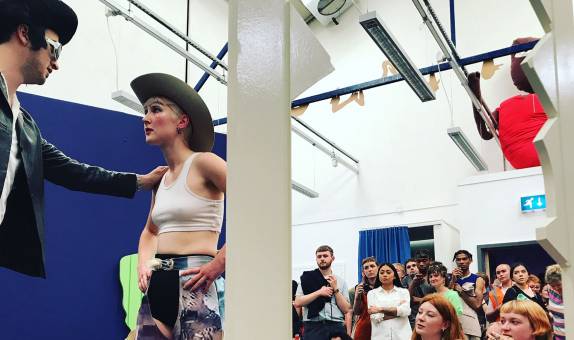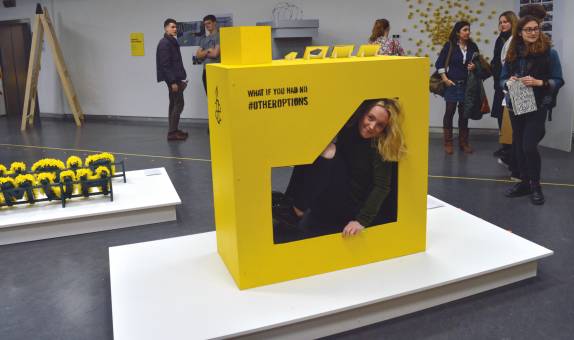Illustration Animation BA (Hons)

Teaching Excellence Framework (TEF) Gold award
Our commitment to high quality teaching has been recognised with a TEF Gold rating. The University has received an overall rating of Gold, as well as securing a Gold award in the framework's two new student experience and student outcomes categories.
Why choose this course?
The Illustration Animation BA (Hons) - the UK's first degree in Illustration Animation - at Kingston School of Art combines narrative and time-based subjects to give the undergraduate complete creative freedom to engage in visual thinking, expression and communication.
The course is part of the highly-regarded Department of Illustration Animation and Kingston University is ranked No.1 in the London and Top 5 in the UK for graphic design* in the Guardian League Tables 2023 (*covers graphic design and illustration animation).
Illustration has expanded from the traditional printed page to explore many forms of visual media including digital objects and interaction, spaces and environments. Animation as a time-based medium allows exploration from traditional to hybrid domains like film and television, and virtual and augmented reality.
We celebrate the cross-pollination of ideas and skills through the hybrid nature of the course. You'll benefit from dedicated studio spaces and the opportunity for collaboration between illustration and animation.
Built around drawing, the course is carefully structured to develop your individual voice, applying content to image communication to reach an audience.
We encourage learning through making and you will have access to all workshops to test and prototype using any process from etching to ceramics, arc welding to laser cutting, and 3D printing or large-scale textile printing.
The course includes self-initiated and group work assignments and presentations encouraged through self-reflective and critical discourse, individual practice is built and tested by peer group interaction. This breadth ensures students develop the range of skills essential to contemporary practice in all forms of applied image making.
Projects with industry, cultural and social institutions test and shape student understanding in real-world situations. Staff practitioners and alumni networks offer insight and contacts with international creative practice, including studio visits and placements.
The course has an excellent reputation for nurturing graduates who go on to be leading practitioners in illustration and animation, as well as design, direction and a broad range of creative careers.
| Attendance | UCAS code | Year of entry |
|---|---|---|
| 3 years full time | W220 | 2025 |
W220 is now full for 2024 entry – please apply for 2025 entry.
For 2025 entry, please submit your application before the UCAS deadline as this course may not be in a position to consider applications submitted after this date.
Please note: Teaching on this course may take place on more than one KU campus.
| Main location | Kingston School of Art, Knights Park |
Reasons to choose Kingston
- We're ranked No.1 in London and Top 5 in the UK (The Guardian University Guide 2024) within the Graphic Design subject area.
- 84% of students from this course were in highly skilled employment or further study within 15 months of graduating (Graduate Outcomes Survey 2018).
- This course produces top graduates who go on to work at the best creative agencies and companies globally, such as Cartoon Network, Nexus, Netflix, Nickelodeon, Blink, Moth Studio and Google.
The Art School Experience
As part of Kingston School of Art, students on this course benefit from joining a creative community where collaborative working and critical practice are encouraged.
Our workshops and studios are open to all disciplines, enabling students and staff to work together, share ideas and explore multi-disciplinary making.

What you will study
Throughout the course you'll gain an understanding of text, image, narrative and sequence. We build strong observational skills through drawing as a basis for your development and equip you with the necessary techniques to realise your creative ambition.
Modules
Each level is made up of four modules each worth 30 credit points. Typically, a student must complete 120 credits at each level.
Year 1
Year 2
Year 3
Optional Year
Year 1 encourages an open-minded and exploratory approach to illustration animation. You'll be introduced to idea development, visual research, and image and content relationships. Drawing, animation, digital crafts, presentation techniques, life drawing and location workshops are all taught.
There is an optional field trip to destinations such as New York, Berlin or Florence. Eligible students will be supported with a travel bursary.
Core modules
Studio: Introductory Principles
30 credits
Studio: Introductory Principles introduces the nature of studio practice for Illustration Animation at Level 4. It continues in Studio: Practice and Purpose upon progression to Level 5. Studio practice for Illustration Animation has come to not only describe a practice of creative making but also one of cognition, thinking and reasoning. The illustrator animator's knowledge is not only contained in the hands or in the manipulation of materials, it is present in their perceptive, questioning and empathetic approach to subject matter. Practices are now expansive, as illustrator animators extend and shift their works to assume new roles and responsibilities.
Process: Materials and Methods
30 credits
Process: Materials and Methods introduces the tools, processes and technologies used within illustration animation practice at Level 4. It continues in Process: Technologies and Application upon progression to Level 5. Whilst contemporary illustration animation practice is conceptualised, constructed and used within an expanding set of conditions, as a discipline, it continues to be, informed by technological advancements; printing, digital publishing, screen-based platforms, virtual realities, etc. These modules address how the illustrator animator interrogates subject matter through the process of creative making, and investigates how to apply tools, processes and technologies through active engagement. Visual experimentation, prototyping, testing through making and questioning of the properties and possibilities of materials are familiar examples of this practice in action.
Presentation: Collaboration and Communication
30 credits
Presentation: Collaboration and Communication introduces the importance of forming and nurturing relationships as part of a creative practice. It continues in Presentation: Audience and Context upon progression to Level 5. In asking how we live and work together, these modules address ways that the illustrator animator can be active in the world. The process of connecting things and establishing relationships, be this with issues, people or contexts, is presented as central to illustration animation practice. Through independent thinking, collaboration and interdisciplinarity students develop an understanding of audience and begin to establish a critical and cultural position within the expansive global creative industries.
Image & Text - Communication Design History for Illustration and Animation
30 credits
Image & Text introduces how we think critically about the history of illustration animation, and how the knowledge produced can inform practice. This module addresses the categories and concepts, frameworks and tools used to understand illustration animation, how it has evolved, and how its histories interweave with those of film, graphic design, fine art and other disciplines. As part of this, we ask fundamental questions about how history is told and taught and what kinds of knowledge are valued and centred.
The first part of the module examines the dominant ways histories of illustration animation have been constructed, and how we might challenge Euro/Western-centric perspectives. The second part considers how we can look at the diverse themes, platforms, and media of illustration animation through different theoretical frames that speak to different ways of knowing.
Year 2 enables you to explore different ways of communicating your ideas. You'll learn how to critically challenge subjects and develop your personal direction. You'll work on set and self-initiated projects, developing your ability to create effective solutions.
Core modules
Process: Technologies and Application
30 credits
Process: Technologies and Application develops and supports an individual approach to the tools, processes and technologies used within illustration animation practice at Level 5. It follows Process: Materials and Methods at Level 4. Whilst contemporary illustration animation practice is conceptualised, constructed and used within an expanding set of conditions. Its emergence as a discipline has, and will continue to be, informed by technological advancements; printing, digital publishing, screen-based platforms, virtual realities, etc. These modules address how the illustrator animator interrogates subject matter through the process of creative making, and investigates how to apply tools, processes and technologies through active engagement. Visual experimentation, prototyping, testing through making and questioning of the properties and possibilities of materials are familiar examples of this practice in action.
Presentation: Audience and Context
30 credits
Presentation: Audience and Context develops and supports individual approaches to the forming and nurturing relationships as part of a creative practice. It follows Presentation: Collaboration and Communication at Level 4 and continues in Presentation: Professional Practice upon progression to Level 6. In asking how we live and work together, these modules address ways that the illustrator animator can be active in the world. The process of connecting things and establishing relationships, be this with issues, people or contexts, is presented as central to illustration animation practice. Through independent thinking, collaboration and interdisciplinarity students develop an understanding of audience and establish a critical and cultural position within the expansive and global creative industries.
Studio: Practice and Purpose
30 credits
Studio: Practice and Purpose develops and supports individual approaches to studio practice for Illustration Animation at Level 5. It follows Studio: Introductory Principles at Level 4 and continues in Studio: Practice and Realisation upon progression to Level 6. Studio practice for Illustration Animation has come to not only describe a practice of creative making but also one of cognition, thinking and reasoning. The illustrator animator's knowledge is not only contained in the hands or in the manipulation of materials, it is also present in their perception, questioning and empathetic approach to subject matter. Practices are now expansive, as illustrator animators extend and shift their works to assume new roles and responsibilities.
Critical Issues in Illustration and Animation: Research and Practice
30 credits
Building on the historical and thematic content introduced at Level 4, this module focuses on the theorisation of discipline-specific issues arising in the contemporary practices of animation and illustration. Through a combination of lectures, seminars, workshops, tutorials, screenings and relevant fieldwork visits, you will deepen your knowledge of your discipline. At the same time you will develop your own emerging research interests and independent visual and academic research skills common to historical and theoretical studies and design practice.
With a focus on the development and intertextuality of visual narrative forms in the structuring of meaning, the module applies this understanding to contemporary case studies. Lectures and seminars will deepen critical and theoretical engagement with current issues through appropriate case studies and bodies of interpretative material. Workshop tasks and assessments are carefully designed to foreground projects that support your understanding of your own discipline within the wider context of design practice. Appropriate research methods are introduced through practical activities that reflect on issues arising in the module's contemporary content and that are developed through your independent research into an area of your own choosing.
Year 3 focuses on the development and resolution of a personal practice, with an awareness of professional contexts. A series of set and live assignments will inform your self-initiated extended project. Helping you with your individual presentation will be industry research and engagement combined with web, portfolio, showreel and curatorial workshops.
Core modules
Studio: Practice and Realisation
60 credits
Studio: Practice and Realisation nurtures autonomous studio practice for Illustration Animation at Level 6. It follows Studio: Practice and Purpose at Level 5. Studio practice for Illustration Animation has come to not only describe a practice of creative making but also one of cognition, thinking and reasoning. The illustrator animator's knowledge is not only contained in the hands or in the manipulation of materials, it is also present in their perception, questioning and empathetic approach to subject matter. Practices are now expansive, as illustrator animators extend and shift their works to assume new roles and responsibilities.
Presentation: Professional Practice
30 credits
Presentation: Professional Practice supports self-reliance in forming and nurturing relationships as part of a creative practice. It follows Presentation: Audience and Context at Level 5. In asking how we live and work together, these modules address ways that the illustrator animator can be active in the world. The process of connecting things and establishing relationships, be this with issues, people or contexts, is presented as central to illustration animation practice. Through independent thinking, collaboration and interdisciplinarity students develop an understanding of audience and establish a critical and cultural position within the expansive and global creative industries.
Dissertation: Research and Reflection
30 credits
Building on the links between research and practice embedded at Level 5, the Critical and Historical Studies (CHS) Dissertation: Research and Reflection module focuses on in-depth research, critical enquiry and reflection on questions and critical issues emerging in students' own practice, and pertinent to the practice of their own discipline.
Over the module, students will initiate and develop an individual research topic; identify and evaluate appropriate archives, bodies of critical literature, visual/material sources and research methods; manage their study time; engage with and respond to tutorial dialogue and peer feedback, and apply critical and analytical skills to produce a 7-8000 word written Dissertation, supported by a series of lectures, seminars and tutorials.
You'll have the opportunity to study for a fourth year abroad or to do a work placement, or even combine both.
Future Skills
Knowledge to give you the edge
Embedded within every course curriculum and throughout the whole Kingston experience, Future Skills will play a role in shaping you to become a future-proof graduate, providing you with the skills most valued by employers such as problem-solving, digital competency, and adaptability.
As you progress through your degree, you'll learn to navigate, explore and apply these graduate skills, learning to demonstrate and articulate to employers how future skills give you the edge.
At Kingston University, we're not just keeping up with change, we're creating it.

Entry requirements
Gallery of student work
Teaching and assessment
Scheduled learning and teaching on this course includes timetabled activities including lectures, seminars and small group tutorials.
It may also include critiques, project work, studio practice and performance, digital labs, workshops, and placements.
Who teaches this course?
This course is taught in the Design School, Kingston School of Art. Our staff are practising illustrators, animators, designers and researchers who'll enrich your student experience with contemporary issues, events and challenges. Specialist guest speakers reinforce the currency of the course, providing the latest insights into practice.
Fees and funding
Additional costs
Depending on the programme of study, there may be extra costs that are not covered by tuition fees which students will need to consider when planning their studies. Tuition fees cover the cost of your teaching, assessment and operating University facilities such as the library, access to shared IT equipment and other support services. Accommodation and living costs are not included in our fees.
Where a course has additional expenses, we make every effort to highlight them. These may include optional field trips, materials (e.g. art, design, engineering), security checks such as DBS, uniforms, specialist clothing or professional memberships.
Gallery of student work
Facilities
You'll use your studio spaces and facilities to experiment and explore new ways to push the boundaries of projects and open discourse across disciplines.
Collaborative and multi-disciplinary teamwork is actively encouraged between students, across faculty courses, international institutions and with industry.
Throughout the course, you'll be encouraged to explore and develop expertise in current approaches, techniques, media, sustainability and application including communication, narrative, interactive, information, animation and moving image, and environment.
Skills and techniques such as drawing, visualising, moving image, printmaking, rapid proto-typing, analysis and research, human factors, presentation all support project work by helping realise solution-led ideas.
After you graduate
Careers and progression
Our graduates are employed worldwide in roles such as freelance illustration and image makers for magazines and newspapers; book publishers; film and TV production companies; and by advertising and design groups.
Some pursue careers in animation, games, multimedia, special effects and design for film and TV; others pursue postgraduate study in the UK or overseas.
Exceptional achievements by Kingston School of Art students mean our students enjoy a reputation for innovation and creativity. Achievements include awards from BAFTA, Design and Art Direction Student Awards, the Macmillan Prize, the Penguin Student Design Award, the World Illustration Awards and the Royal Television Society Awards.
Examples of recent graduate destinations
Illustration Animation graduates have gone on to the following roles:
- 3D artist
- Advertising art director
- Animator
- Artist
- Artist freelance
- Advertising campaign planner
- Design manager
- Gallery coordinator
- Graphic designer
- Illustrator
- Landscape artist
- Marketer
- Printmaker
- Production assistant
- Publishing assistant
- Visual artist
- Employers
Illustration Animation graduates have been employed by the following organisations:
- Accessorize
- BBC
- Central Academy of Fine Arts
- Disney UK
- Financial Times
- Foster + Partners
- GMTV
- Haymarket Media Group UK
- London Print Studio
- Media.com
- OKIDO magazine
- Oxford Press
- Paul Holland
- Sony Computer Entertainment Europe
- The Walt Disney Company Ltd
- Tussauds Studios
- Wimbledon School of Art
Links with business and industry
You'll get industry experience during your second and third years. There is an exclusive animation competition with Penguin Random House each year, and annual collaboration with the Royal Opera House and we have many live projects with publishing, health and cultural institutions.
Student successes
Student award winners (2019)
Three of our students were nominated for the top prize in the Royal Television Society Student Awards 2019. The students were:
- Matt Armitage - winner of Best Animation 2019 for his graduate film "Brass"
- Media Shebany - shortlisted finalist, Best Short Feature
- Tash Dupker - shortlisted finalist, Best Short Feature
This is the eleventh time we have won at the RTS in the last 13 years.
Student success stories (2017/18)
- Jennifer Zheng's film Tough won the Royal Television Society Awards in addition to being nominated for a BAFTA.
- Hannah McNally and Martha Halliday won D&AD Black Pencil for their animation that discusses living with autism.
- Daisy Moore was shortlisted in the Penguin Design Awards 2018.
- It's Nice That! nominated three of our final year students as 'The Best in the UK' and Varoom Magazine picked out two of our students as the 'Graduates to Watch'.
- Soojin Kwak won second prize in The Macmillan Prize 2018 (Children's Books) for her book Annie the Hat Maker.
- Student winners at the Creative Conscience awards 2018 included Alex Hoskins, Rachel Hopkins, Laura Bartlett, Amy Tibbles and Tom Fisher.
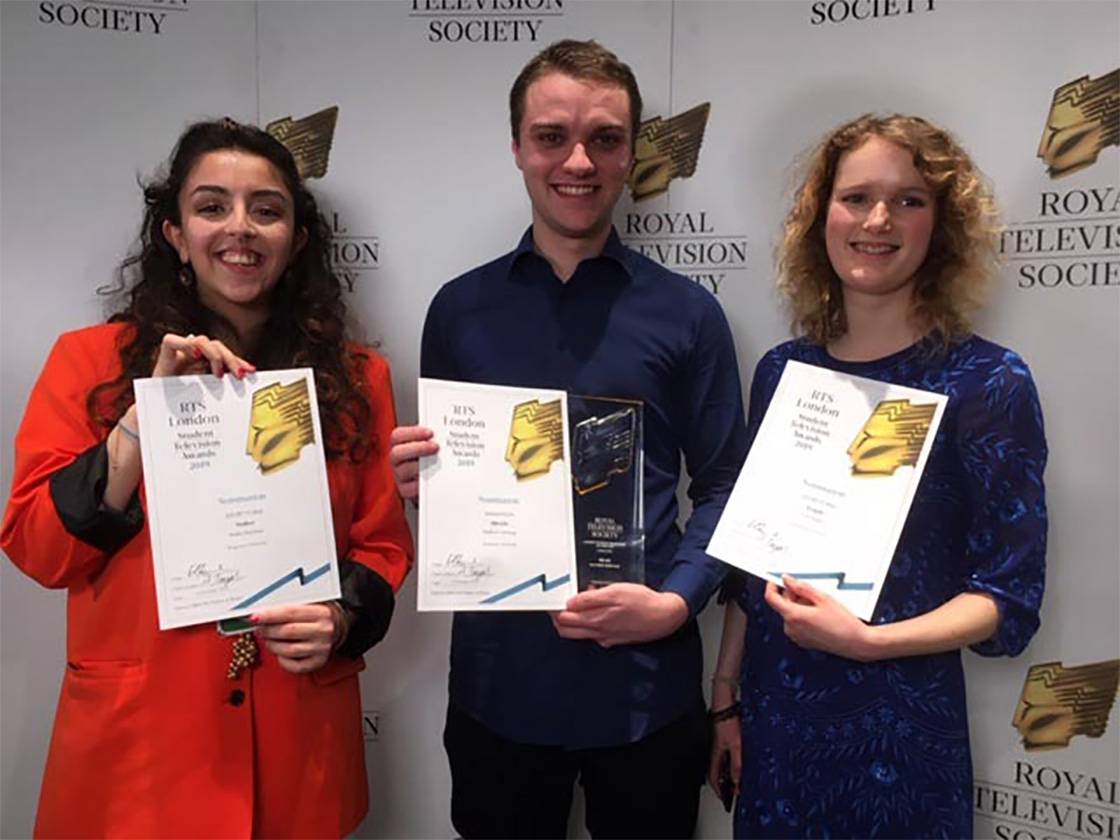
Key information set
The scrolling banner(s) below display some key factual data about this course (including different course combinations or delivery modes of this course where relevant).
Course changes and regulations
The information on this page reflects the currently intended course structure and module details. To improve your student experience and the quality of your degree, we may review and change the material information of this course. Course changes explained.
Programme Specifications for the course are published ahead of each academic year.
Regulations governing this course can be found on our website.



